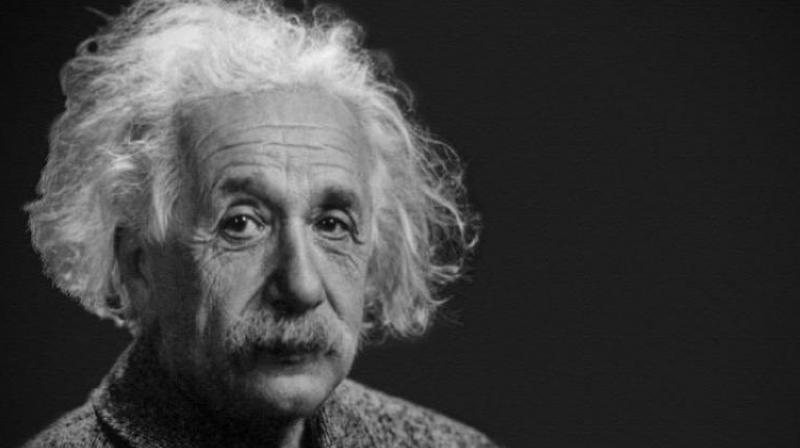Mystic Mantra: The symphony of religion and science
Philosophers believe that religion and science are compatible, and they can actually help each other.

“Science without religion is lame, religion without science is blind”
— Albert Einstein
Einstein’s famous aphorism has sparked endless conjectures between believers and non-believers, each trying to appropriate his legacy. Einstein’s views are particularly relevant in contemporary times when interest in science is at its highest, and, at the same time, trust in science is at its lowest. Everyone acknowledges the extraordinary contribution of science to civilisation; they are, however, concerned about its increasing dehumanisation.
Throughout history, science has allowed mankind to construct a coherent understanding of laws and processes governing physical reality and, to some extent, the working of society itself. This perspective has been enriched by the insights of religion into the deeper questions of human purpose. Religion and science have coexisted in traditional societies with a very healthy synergy. But during the last half-century, the results of science and the beliefs of religion have come into a position of frank disagreement. Things changed with Isaac Newton. His laws of physics led to a worldview which questioned God’s role as the designer of a clockwork world.
Philosophers believe that religion and science are compatible, and they can actually help each other. According to them, both religion and science rest on each other’s unique understanding about the universe. Science is a set of tools used to explore the truth about the universe. Religion is also focussed on the same purpose, but it incorporates an additional perspective, namely morality and ethics.
Several rationalists consider religion and science as inherently contradictory. This is primarily because the vitality of religion has frequently been subsumed by the forces of dogma, superstition and theological factionalism. The Enlightenment marked a crucial turning point in unshackling human consciousness from religious orthodoxy. But in the process, the Enlightenment also rejected the moral centre that religion provided, creating a deep and continuing sense of dichotomy between the rational and the sacred. This artificial split between reason and faith has manifested in skepticism, alienation and corrosive materialism that pervades contemporary life.
When we consider what religion is for mankind, and what science is, it is no exaggeration to say that the future course of history will be strongly influenced by the relations between them. We have two powerful forces at play, and they seem to be set one against the other — the force of our religious intuitions, and the force of our impulse for accurate observation and logical deduction.
Maurice Wilkins, a Nobel Laureate bio-physicist feels that, “the whole question of moral, spiritual and other dimensions is pushed out of science normally. So, it is something to do with the nature of science that leads people towards destruction!”
With his luminous advice, Bede Griffith puts the discourse in a more harmonious perspective: “Modern science and technology are the fruit of the tree of the knowledge of good and evil. They are not evil in themselves, but they become evil when, as usually happens, they are separated from wisdom.”
Most people see no conflict between faith and reason because, as Pope John Paul II put it: “God created man as rational and free, thereby placing himself under man’s judgement.”
Perhaps the conflict is not between science and religion but between good and bad ways of doing both. Similarly, the great science writer, Carl Sagan, also said: “Science is not only compatible with spirituality; it is a profound source of spirituality.”

